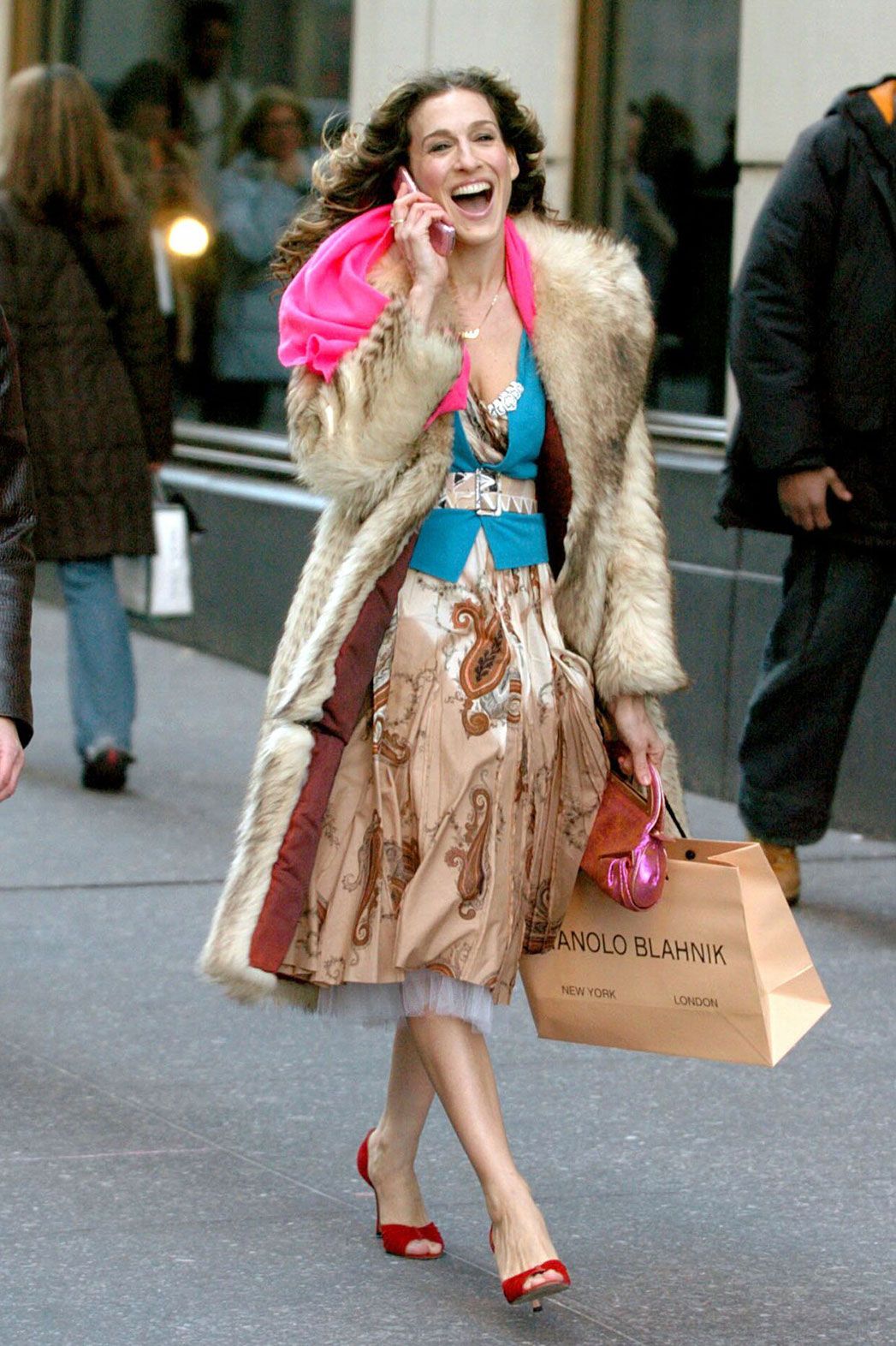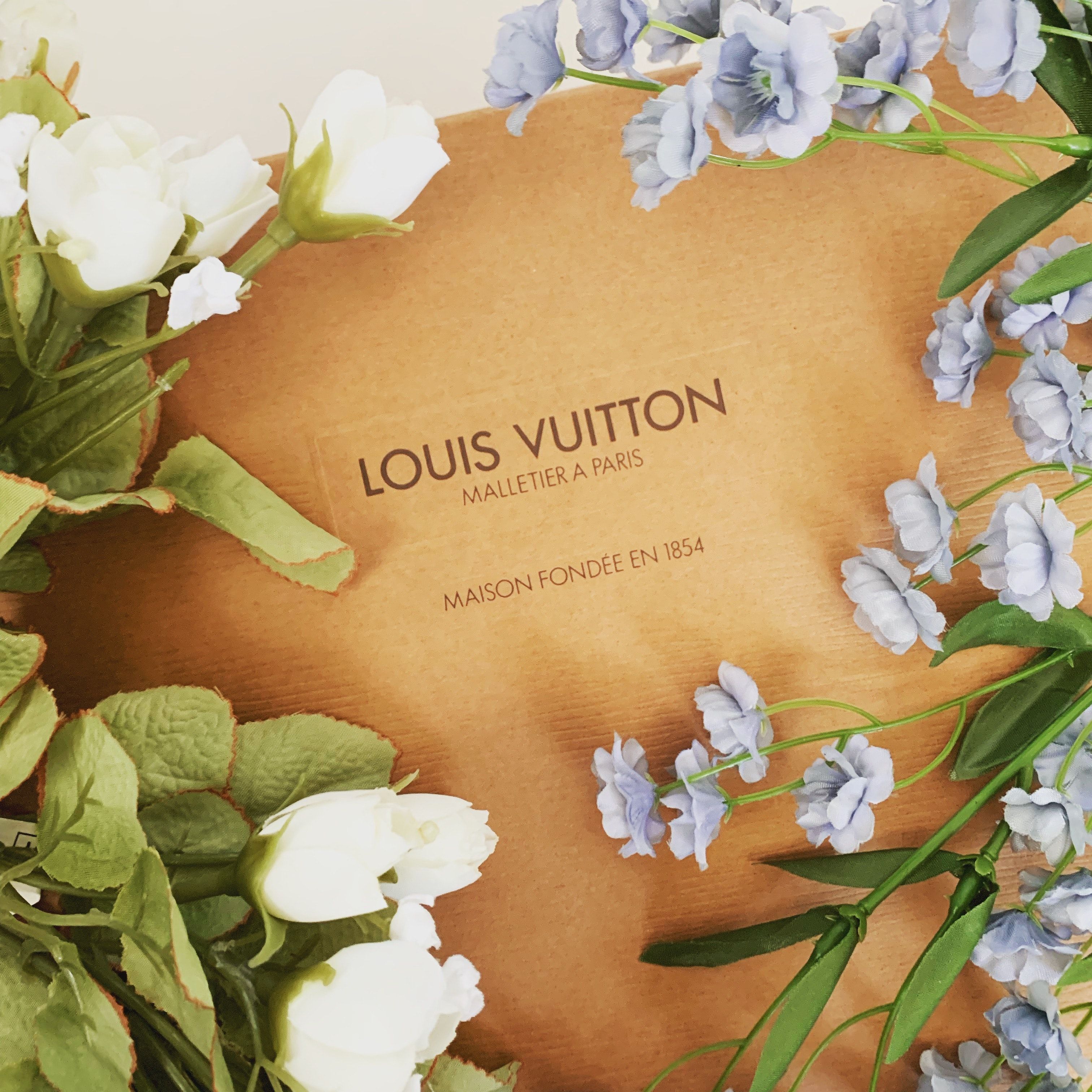“Humans are not creatures of logic; we are creatures of emotion. We do not care what’s true. We care [about] how it feels.”
- Will Smith
Luxury brands, in the long term, often forget that they are in the business of creating and selling emotions to their consumers. A lifestyle based on aspirations, experiences and emotions. The values pursued by a luxury consumer are unique and as such, their emotional reaction to these experiences are also unique.
Think about it. How many times have we heard someone say, “Oh, I fell in love with the [Burberry] trench as soon as I saw it!”? I’m sure we can all recall multiple instances when we’ve heard something like this by a peer, a friend, a colleague or a movie character maybe! This reaction is indicative of the power brands have on its audiences to create strong emotional reactions. These reactions are used to measure the value that the luxury item, and in turn the brand, has to offer. And unless a brand can invoke an extreme reaction, it cannot create extreme value- which is what the luxury business is all about.
When a luxury brand relies too heavily on its products and history, it faces the threat of extinction. Unless it has emotions as an ingredient in its strategic recipe, a luxury brand can never succeed. Touching consumers’ hearts is just as important, if not more, as catching their eyes.
A strong brand strategy is one which keeps emotions at the center. It must clearly define which emotion it wants to evoke. However, identifying these emotions is just the beginning. The brands must then work on designing the plan for delivering the customer experience that will create these feelings. The psychology behind luxury is simple- it sells a dream, a lifestyle. It is subjective to each consumer but it most definitely, always, is emotional. And once we, as luxury professionals, understand this, it will become easier for us to formulate brand strategies that will drive the desired results for our business. And believe you us- emotions are better at capturing your audience’s attention than any other marketing or advertising exercise.
THE POWER OF EMOTIONAL BRANDING
Emotional Branding allows brands to invite its customers into its luxury universe. Triggering the right emotion that it wants them to experience is the single biggest investment they can make in their identity. An emotional association is more than just the idea of exclusivity and rarity of a brand. It allows the people to bridge the gap between how they feel about your products and services, and how it will make them feel once they have bought it.
However, the true power of EB lies in the end-benefits it delivers to its consumers.

What are the end-benefits of EB?
More often than not, there are alternatives available in the market where a mass-brand or a premium brand is offering a product similar to the luxury product in terms of features, design and craftsmanship (in short, the values of luxury). But what is it that drives the customers to choose the exuberantly priced luxury offering over their more economic alternatives? The value of the image of self. When a luxury consumer shops luxury, they are investing in their image of themselves. They use the product to convey a message to the outside observer. “I am successful, I am powerful, I have taste, I understand culture and heritage, I acknowledge art and skills.”
He uses these emotional triggers to impress others. As a result, they feel better about themselves thus fueling their feelings even further. They start reveling in the fact that they have great financial means and can afford to splurge. What’s more is that they feel like they deserve it. They feel more confident, authentic and trust-worthy. All the characteristics they associate with luxury.
BENEFITS OF EMOTIONAL BRANDING
EB is the intentional use of emotions in brand communications to deliver persuasive messages that will tap deeper into its audience’s psyche and will drive them towards the desired results. It’s main focus is to shift focus from products to relationships and existence. It targets experience, aspiration and dialogue. What makes Emotional Branding so powerful is-
- You become more memorable as your audience starts identifying and feeling with you.
- It helps build consumer loyalty and produces brand advocates
- Positive brand association and brand recognition
- Emotional intelligence is a prime factor in human psychology and that is why emotion driven brand strategies result in better conversion rates
- Intangible benefits such as improved quality of brand efforts and conversions that it creates.
CONSEQUENCES OF EMOTIONAL BRANDING
One of the key goals of Emotional Branding is trust. And trust building is consequential in understanding and building relationships. In practice, where brands substitute for human contact between the business and its consumers, it becomes all the more difficult, and important, to establish trust. Many researchers have tried to investigate the link between brand trust and consumer loyalty and satisfaction. And a lot of them suggested that consumer trust is a function of consumer brand experience. And this is where EB can play a consequential role in the formation of trust. Where hedonic product categories like handbags experience positive associations, utilitarian product categories like toothpaste or soap might not.
Other branding constructs affected by EB, such as brand personality, associations and loyalty, result in higher brand trust which ultimately results in higher commitment or increased repurchase intention.
ARE YOU IN TUNE WITH YOUR EMOTIONS?
Appealing to emotions and evoking feelings is a proven tactic in attracting, connecting and converting your audiences. However, understanding how your product or service affects your consumers lives is the key. Brand strategy based on boosting your customer experience by leveraging emotional branding tactics and advertising practices results in higher customer retention and increased customer lifetime value.
90% of all decisions are made subconsciously and most of them are affected by our initial emotional reactions. Brands that created personalized, emotional moments throughout their customer’s lifetime increased their purchase intentions by three times as compared to brands that focused only on business values.
But to successfully implement an emotion driven brand strategy, brands must first understand their audiences well and know which emotions resonate with them the most.





